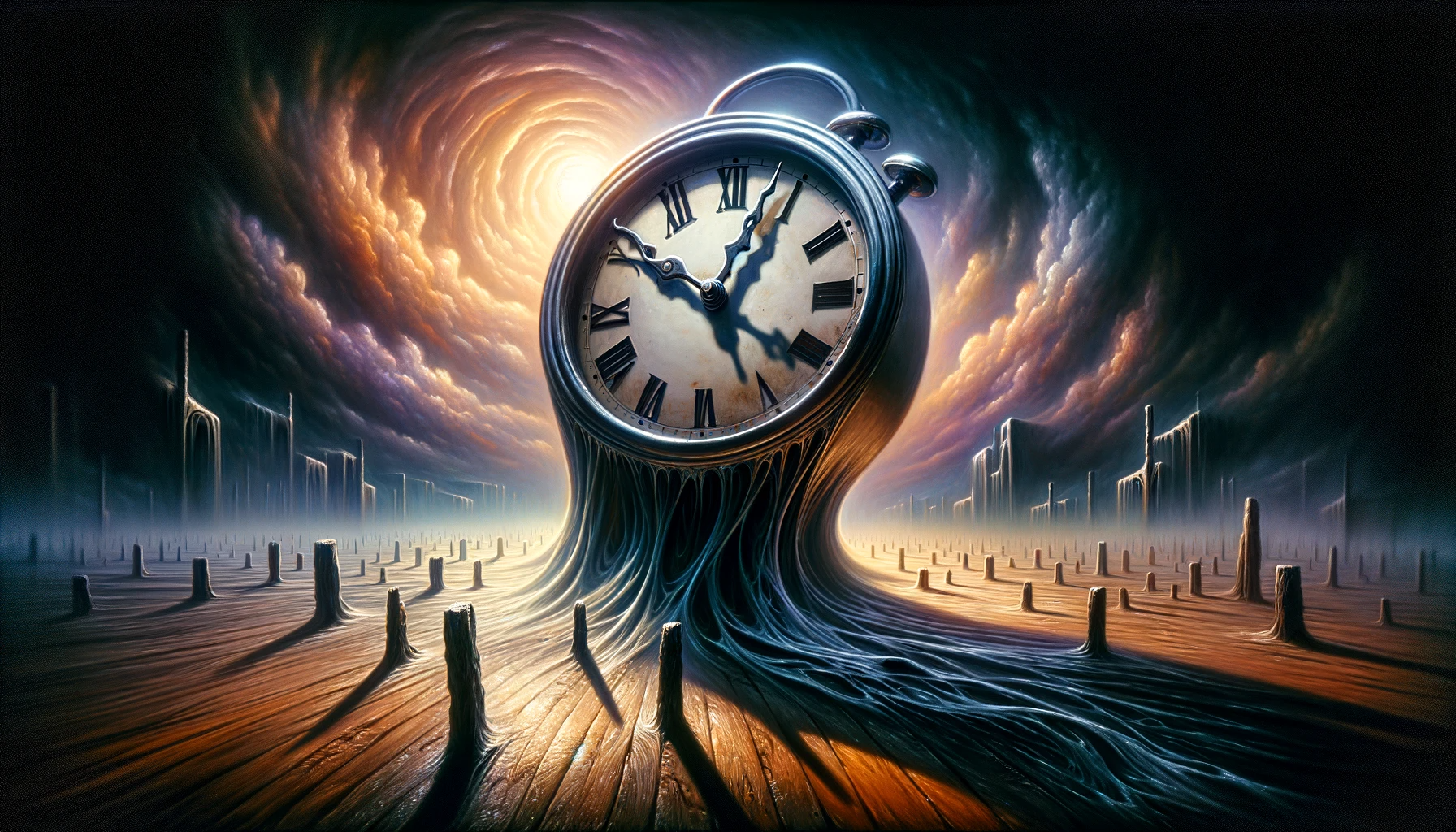Oh, Daylight Savings Time (DST), our biannual temporal jamboree, where we either gain an hour of sleep only to cruelly have it snatched back a few months later, or vice versa. It’s like a bank loan on our circadian rhythms, with interest rates so steep it’s surprising we’re not all financially (and physically) bankrupt. But let’s dive into the heart of this time-twisting matter and discuss why giving DST the boot could be akin to finding an extra 20 in your pocket. Not just any 20, but one that saves you time, boosts your productivity, and even spares you the twice-yearly ritual of wandering around your house resetting clocks like a modern-day Sisyphus.
First off, consider the Herculean task of coding technology to keep up with DST’s whims. It’s as if our software developers are forced to play a never-ending game of Whack-a-Mole, but the moles are time zones, and their hammers are lines of code. The energy and resources spent ensuring your phone doesn’t catapult you into tardiness (or worse, time travel) is monumental. Imagine a world where developers can focus their talents on innovations that don’t involve fixing something we artificially created. The savings in caffeine alone could probably fuel a small city.
Then there’s the productivity loss from people being late because their internal clocks can’t adjust as quickly as their digital ones. Studies suggest that the Monday following the spring forward can see a significant spike in workplace tardiness, not to mention the collective grogginess that makes coffee pots work overtime. By scrapping DST, we’d not only make life easier for HR departments everywhere but also reclaim those lost hours of productivity like a treasure chest from the time-thieving pirates of DST.
And let’s talk about the real victim here: our sleep. The hour of sleep DST borrows in the spring is paid back with interest in the form of groggy mornings and disrupted sleep patterns. This isn’t just about losing sleep but about the quality of life. From the increased risk of heart attacks to the spike in car accidents, the week following the time change is like a bad horror movie where the villain is an hourglass. If we eliminate DST, we could potentially improve public health and safety, not to mention avoid the semiannual grumpiness epidemic that sweeps the nation.
Lastly, the little things—like having to reset every clock in your home, car, and microwave. These tasks are tiny time vampires, sucking minutes from our day. It’s a wonder we don’t have more movies about brave heroes setting out on epic quests to reset the ancient Clock of the VCR before it blinks us into madness.
In essence, giving DST the old heave-ho isn’t just about reclaiming that lost hour of sleep or saving developers from a Sisyphean task. It’s about simplifying our lives, improving our health, and maybe, just maybe, making it so that the only things springing forward are flowers from the ground, not every clock in sight. So, let’s rally together and make a stand against the temporal turbulence of Daylight Savings Time. After all, time is precious, and unlike money, we can’t make more of it—so let’s stop giving it away.

